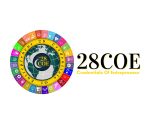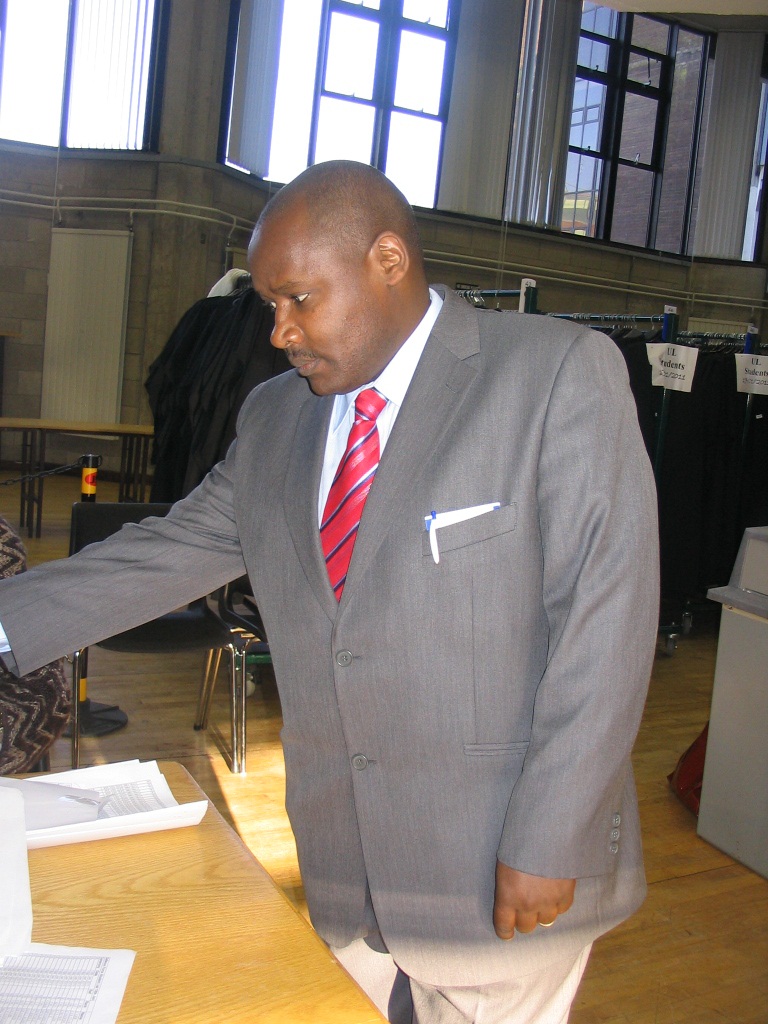My journey as an entrepreneur
I am Naboth Namara from Uganda. I hold a PhD in Gender, Education, and Development from the University of Limerick in Ireland, an M.A in Women’s Studies and a Higher Diploma in Remedial and Special Education, both from National University of Ireland, Dublin, a Bachelor of Education (English and Literature) from Makerere University in Uganda, and a Diploma in Secondary Education (English and CRE) from the former Institute of Teacher Education Kyambogo, now Kyambogo University in Uganda. I have taught at secondary school level in Uganda for over 12 years, and at university level in Ireland for 4 years and6 months. I also briefly worked as a research coordinator Kabale University in Uganda, and as an expatriate lecturer at what is currently the Centre for Gender Studies, College of Arts and Social Sciences of the University of Rwanda.
My entrepreneurship Journey
In the first instance I see myself more as a social justice advocate than an entrepreneur. Suffice to say then, that I have never set out to do business mainly for profit. I have engaged in doing such a business that yes, earns me some money, but largely contributes to addressing socio-economic ills, reduces marginalization and exclusion of a section of the population, particularly women and girls from development processes, and one that promotes socio-economic justice. It is for this reason that I left a well-paying, and secure job as an expatriate lecturer at the Centre for Gender Studies to start a consultancy firm business from scratch. The only thing I had were my brain and 200 US Dollars to rent an office for 2 months.
At the Centre for Gender studies, I was teaching men and women professionals on a master’s degree program. I was particularly intrigued by a course that I taught named: Gender and Development: Policies and Practices, which was intended to help students transfer their theoretical knowledge into practice. I found out that although my students had some knowledge of theoretical concepts in gender and development, they actually knew quite a lot on implementing gender related development projects which significantly benefited communities. I wanted to move from a theoretical academic to a development practitioner in the field of gender and development. I therefore started identifying a co-founder with experience in implementing gender projects, highly knowledgeable and skilled, trustworthy and honest, and above all a Rwandanational. That is why I emphasize the point of getting a good and suitable co-founder so that you can share the burdens and benefits. It is also important to get a co-founder who knows the business so that you can learn from them. The need for a co-founder, who was a Rwanda national was even more important given that I was a non-national who had come to work for government, resigned before the expiry of my contract and was contemplating registering a business in the country. Initially, I wanted to register a consultancy firm and continue my teaching work until I was sure the business was working. But something happened at my work at that time and this forced me to resign my job. A number of people known to me, including government officials in influential positions, tried to talk me into rescinding my resignation but my mind was set on doing what I was passionate about which was to do work that directly contributed to enhancing social justice, particularly with regard to gender equality and women empowermentin Rwanda.
Once I had identified a co-founder, I extended my proposal to partner with her in registering and running a consultancy firm and she accepted. The registration process was very smooth. Rwanda is perhaps the only country in the world that I know of, where anyone, even a foreigner registers a company and gets a registration certificate in just 2 hours! In February, 2013, Justine and I registered our consultancy firm in the name DevLink Consults Ltd.
It was quiet challenging getting work when you are a new company because potential clients often required significant consultancy related work experience before they could consider us for contracts. However, some clients trusted us with work basing on our educational qualifications and experience of the individual founders, not the firm. In addition, my co-founder and partner, had done some work in gender and child protection areas, which had given her some connections that we initially relied on to get a few contracts here and there. One of these contracts was implementing an advocacy and research related project worth 200,000 US dollars. It did not only give us financial benefits but also attracted more clients who were pleased with our work. The project also sharpened our knowledge and skills, particularly in project implementation, and advocacy. We have since implemented various projects in the following areas:
- Research: baseline, mid-line and endline studies
- Policy development and review
- Capacity building and Training
- Curriculum development and review for government ministries, departments and agencies (MDAs)Non-Governmental Organisations, as well as public and private universities
We have grown the list of our clients over the years by doing things right, being honest, networking with the right people, and hiring the right staff, among other things.
In February, 2021 I decided to expand my business prospects by registering another DevLink Consults Ltd in Uganda. In addition, I and my wife Judith Namara have founded a not–for–profit NGO named Inclusive Development ApproachesLtdto help us further promote socio-economic justice by implementing projects that leave no one behind in the development processes and benefits irrespective of gender, social class, or ability/disability.
In conclusion, the list of 28 pieces of advice I have written for young entrepreneurs, is based on my experience as a new and growing entrepreneur in the business of providing consultancy services. Some of them may not apply in situations of other people but many of them do. It is therefore worth your time to read, internalize, and contextualize this advice in your various situations.

